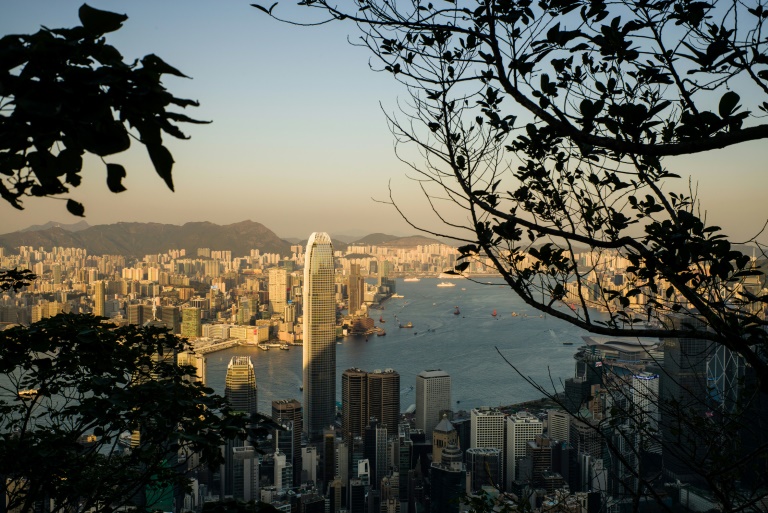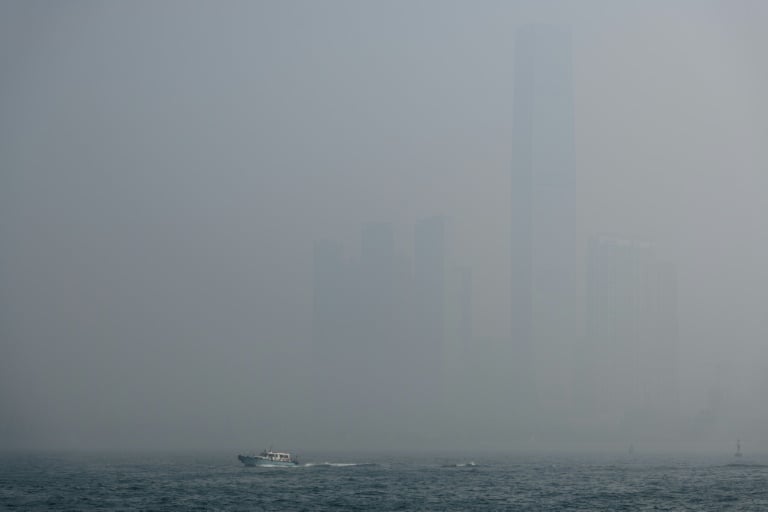England overcome poor conditions to grab 2-1 series win over Proteas
The winter months regularly bring worse air quality to Hong Kong and other parts of the region due to wind direction and weather conditions.
But as acrid air shrouded the city’s skyscrapers, harbour and surrounding hills, residents said they were afraid for their health.
“It feels stuffy and airless. It’s more difficult to breathe,” said Elsa Choi, 32.
“I’m not sure if masks could filter out (the particles). I won’t go outside as much,” Choi added.
The air quality in Hong Kong Monday was categorised as “unhealthy” on the World Air Quality Index.
Readings of damaging fine particles known as PM 2.5 hit an average concentration of 198 micrograms per cubic metre.
The World Health Organization recommends a maximum average exposure of 25 micrograms per cubic metre in a 24-hour period.

The government said that pollution in Hong Kong was higher than normal
In Beijing, where pollution has reached hazardous levels in the past, the average reading was 25, categorised as “good”.
The government said that pollution in Hong Kong was higher than normal and that the risk to health was “very high”, as it warned residents to avoid outdoor activities.
Schools were urged to take “appropriate measures” to safeguard students’ health.
The environment bureau blamed the smog on a mix of light winds, preventing dispersion of pollutants, and sunshine which it said worsens the problem.
But campaigners said authorities should not simply look to the weather.
“We know that there is a weather factor but we also know that roadside air pollution comes from traffic,” said Patrick Fung of NGO Clean Air Network, who said there should be traffic controls on high pollution days.

The government said pollution in Hong Kong was higher than normal and that the risk to health was ‘very high’
Fung added that few people in the densely packed city could go about their daily routine without being close to the clogged roads.
A clean air plan was introduced in 2013, and the environment bureau has said roadside pollutants have dropped by up to 74 percent in the past 20 years.
But the number of days where pollution readings were categorised as a high health risk in 2017 was almost double the number in 2016, according to bureau statistics, although it was an improvement on 2014 and 2015.
Campaigners have questioned the speed at which authorities are implementing change and encouraging a drop in fossil fuel use.
In February last year the government was slammed by environmentalists, lawmakers and manufacturers for axing a tax waiver on electric cars as a way to fight congestion.
Resident Susane Yip, 40, said the smog would also put off tourists who want to capture the city’s epic harbour views.
“I hope the government can devote its efforts to solving this problem,” Yip told AFP.
Download our app and read this and other great stories on the move. Available for Android and iOS.